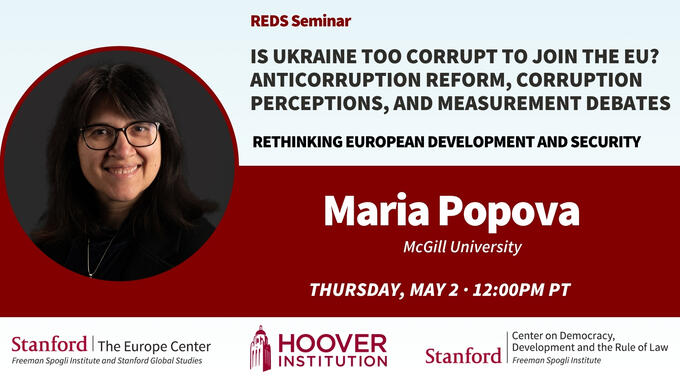What drives Russia's violence in and against Ukraine from the 19th century to 2024?
Russia’s full-scale invasion of Ukraine is the single most important event in Europe since the collapse of the Soviet Union in 1991. It is also arguably the major global geopolitical development since 9/11. My main argument is that violence and repression are deeply rooted in the history of Russo-Ukrainian relations. Since the mid-19th century, dominating Ukraine and denying Ukrainians an independent identity, let alone a state, has been the cornerstone of Imperial, Soviet and eventually, post-Soviet Russian policies.
More specifically, I show that Russian and Soviet policies were driven by two factors: identity and security. The idea of the shared origin and fraternity of Russians and Ukrainians is a staple of Russian self-perception and historiography. The second key factor is security. Western powers often passed through Ukraine to attack Russia; Ukraine’s fertile soil was crucial to feeding and funding the Russian and Soviet Empires. Even more than geopolitics, it was regime stability that drove Moscow and St. Petersburg’s obsessive focus on Ukraine. Nothing scares a Russian autocrat more than a democratic Ukraine, because if Ukrainians can build a democracy, then the supposedly fraternal Russian people might too. Thus, combined, identity, security, and the interaction between the two drive Russia’s policies towards Ukraine since the 19th century.
Eugene Finkel is the Kenneth H. Keller Associate Professor of International Affairs, School of Advanced International Studies (SAIS), Johns Hopkins University. His research focuses on how institutions and individuals respond to extreme situations: mass violence, state collapse, and rapid change.
Finkel's most recent book is Intent to Destroy: Russia's Two-Hundred-Year Quest to Dominate Ukraine (Basic Books, 2024). He is also the author of Ordinary Jews: Choice and Survival during the Holocaust (Princeton University Press, 2017), Reform and Rebellion in Weak States (Cambridge University Press, 2020, co-authored with Scott Gehlbach) and Bread and Autocracy: Food, Politics and Security in Putin’s Russia (Oxford University Press, 2023, co-authored with Janetta Azarieva and Yitzhak M. Brudny). His articles have appeared in the American Political Science Review, Journal of Politics, Comparative Political Studies, Comparative Politics, East European Politics and Societies, Slavic Review, and several other journals and edited volumes. Finkel has also published articles and op-eds in The Washington Post, Los Angeles Times, Foreign Affairs, The Spectator and other outlets.
*If you need any disability-related accommodation, please contact Shannon Johnson at sj1874@stanford.edu. Requests should be made by April 11, 2024.


 FSI researchers strive to understand how countries relate to one another, and what policies are needed to achieve global stability and prosperity. International relations experts focus on the challenging U.S.-Russian relationship, the alliance between the U.S. and Japan and the limitations of America’s counterinsurgency strategy in Afghanistan.
FSI researchers strive to understand how countries relate to one another, and what policies are needed to achieve global stability and prosperity. International relations experts focus on the challenging U.S.-Russian relationship, the alliance between the U.S. and Japan and the limitations of America’s counterinsurgency strategy in Afghanistan.![Josep Borrell [right] in discussion with Michael McFaul [left].](https://fsi9-prod.s3.us-west-1.amazonaws.com/s3fs-public/styles/707x483/public/2024-05/josep_borrell_eu_democracy_5_hero.png?itok=B_fbY_pc)



![Josep Borrell [right] in discussion with Michael McFaul [left].](https://fsi9-prod.s3.us-west-1.amazonaws.com/s3fs-public/styles/1300x1300/public/2024-05/josep_borrell_eu_democracy_5_hero.png?itok=pM6CT1oe)




![Michael McFaul [left], the director of the Freeman Spogli Institute for International Studies, speaks with Josep Borrell [right], High Representative of the European Union for Foreign Affairs and Security Policy, during an event at Stanford University on May 13, 2024.](https://fsi9-prod.s3.us-west-1.amazonaws.com/s3fs-public/styles/895x498/public/2024-05/josep_borrell_eu_democracy_hero.png?h=c4d9845d&itok=TJ5M_9hJ)







